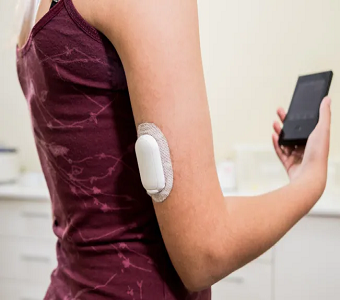Dyax Corp. (DYAX) saw a gain of over 40% in pre-market trading Wednesday with the release of phase 1b results for DX-2930, an inhibitor of plasma kallikrein for the rare inflammatory disease hereditary angioedema (HAE). The small clinical trial met its safety and secondary efficacy objectives, and Dyax announced in connection that the drug had received fast-track designation from the U.S. FDA.
The 40% gain adds $1 billion in market value to Dyax Corp, taking the company to a $3.3 billion market capitalization. Dyax already markets Kalbitor for the treatment of HAE attacks. DX-2930 differs in that it may prevent HAE attacks – a chronic drug vs. Kalbitor’s use in the acute setting.
DX-2930 demonstrated favorable efficacy when compared to placebo in 37 patients, with significant reductions in the rate of HAE attacks during the 6 weeks after administration: a 100% reduction in patients receiving a 300mg dose of the drug (0 attacks per week) and an 88% reduction in the 400mg group (.045 attacks per week).
During the 6-week efficacy interval, 100% of patients receiving the 300mg dose and 82% of patients receiving the 400mg dose were completely attack-free, compared to 27% of patients in the placebo group (.37 attacks per week).
No information was given on the why the 300mg dose performed better than the higher comparator, and the company did not offer details on two lower doses tested in the study, 100 and 200mg.
DX-2930 was well tolerated at all levels with no serious side-effects or discontinuations due to adverse effects. According to an accompanying investor presentation, most common adverse effects were injection site pain, and headache, though rates were not appreciably higher in patients on DX-2930. Similarly, the trial showed no evidence of dose-limiting toxicity.
A total of 37 subjects participated in the multi-center, randomized, double-blind, placebo-controlled, multiple-ascending dose Phase 1b trial. Patients were randomized to receive active drug or placebo in a 2:1 ratio, with 4 dosing groups: 30, 100, 300, and 400mg. These were given in two doses, separated by 14 days, followed by 15 weeks of follow-up.
DX-2930 is a monoclonal antibody aimed at preventing hereditary angioedema (HAE) attacks. In addition to its new fast track designation, DX-2930 received an Orphan Drug Designation from the FDA in late 2013.




